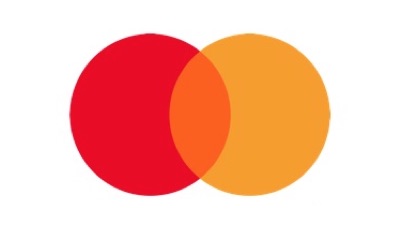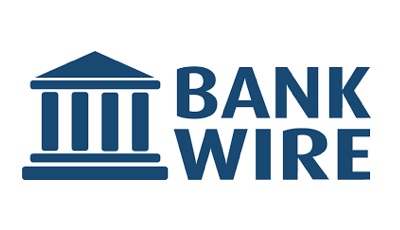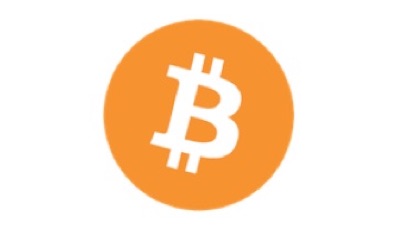The leading
cryptocurrency
comparison service
Compare over 25 exchanges and 5,000 cryptocurrencies.

 Bitcoin (BTC)
Bitcoin (BTC)-
 Bitcoin (BTC)
Bitcoin (BTC) -
 Ethereum (ETH)
Ethereum (ETH) -
 Dogecoin (DOGE)
Dogecoin (DOGE) -
 Ripple (XRP)
Ripple (XRP) -
 Litecoin (LTC)
Litecoin (LTC) -
 Bitcoin Cash (BCH)
Bitcoin Cash (BCH) -
 DASH
DASH -
 Ethereum Classic (ETC)
Ethereum Classic (ETC) -
 Cardano (ADA)
Cardano (ADA) -
 Stellar (XLM)
Stellar (XLM) -
 IOTA
IOTA -
 EOS
EOS -
 NEO
NEO -
 Tron (TRX)
Tron (TRX) -
 Zcash (ZEC)
Zcash (ZEC) -
 Binance Coin (BNB)
Binance Coin (BNB) -
 Tezos (XTZ)
Tezos (XTZ) - Other cryptocurrency
 Debit / Credit Card
Debit / Credit Card-
 Debit / Credit Card
Debit / Credit Card -
 Bank Transfer
Bank Transfer -
 PayPal
PayPal -
 WebMoney
WebMoney -
 UnionPay
UnionPay -
 Klarna
Klarna -
 Neteller
Neteller -
 Skrill
Skrill -
 Bitcoin
Bitcoin
- $200 – $1,000
- $10 – $200
- $200 – $1,000
- $1,000 – $10,000
- $10,000 or more
Risk Disclaimer: Don’t invest unless you’re prepared to lose all the money you invest. This is a high-risk investment and you should not expect to be protected if something goes wrong.
Top 10 Cryptocurrencies - Live Prices
| # | Name | Price | Changes 24H | Changes 1Y | Market Cap | Volume 24H | Price Graph (7D) |
|---|
Top 3 Crypto Exchanges - April 2024
| # | Most PopularExchange | Rating | Services | Deposit / Withdraw | Fees / Spread | Why Open Account? | |||||
|---|---|---|---|---|---|---|---|---|---|---|---|
 |  | 98 | All-in-One | Low$0 / $5 | Low$0 / ~0.75% |
| |||||
| Payment Methods: | Cryptocurrencies: | Payment Methods: | |||||||||
 |  | 80 Read Review | Exchange | Low$0 / $2 | Mid1.49-3.99% + ~0.50% |
| |||||
 |  | 80 | Exchange | Low | Mid |
| |||||
Frequently Asked Questions
In the comparison table under the services column, you will see different descriptions:
- “Exchange” means that they offer normal trading with cryptocurrencies.
- “Seller” means that they do not offer trading with cryptocurrencies, instead they sell directly to customers. This usually means higher fees.
- “CFD” means that they only offer to trade with CFD products. These are products for active traders.
- “All-in-One” means that they offer normal trading with cryptocurrencies as well as CFD products.
Bitcoin is a digital currency, also called cryptocurrency. More specifically, Bitcoin is an independent, global and public ledger used to transfer and store value. It’s independent because no state or bank controls Bitcoin. It’s global because money can be transferred quickly and cheaply, anytime, to anyone. It’s public because all transactions are stored in a shared ledger. Learn more in this guide: What is Bitcoin?
Blockchain is the underlying technology that allows Bitcoin to work. It is a distributed database of nodes that automatically verify changes to the database. Bitcoin was the first blockchain that was created. Blockchain technology uses a network of nodes along with math and cryptography to protect the database. In addition to being able to transfer money online, there are many more opportunities. More and more cryptocurrencies are created for smart contracts, cloud storage, private messages, gaming companies and much more. The crypto market is booming!
Bitcoin is safer than the current financial system. The cryptocurrency is protected by cryptography and mathematics instead of laws and regulations that contain mistakes and deficiencies from humans. There are and will always be loopholes in laws. However, you can’t trick math.
Yes! It is completely legal to use Bitcoin. Individuals are allowed to use which currency they want as long as both parties agree on the same means of payment. However, there are countries that have indirectly or partially prohibited Bitcoin. The reason for this varies, but generally, the government wants more control over the financial market. Here is a list of all countries’ laws about Bitcoin.
When you don’t use your cryptocurrency, you must store them in a secure Bitcoin wallet. If you keep your Bitcoin and cryptocurrency at an exchange, mobile app or online, you risk losing all your money. The safest way to store Bitcoin is in a hardware wallet. Everyone needs at least one hardware wallet. Learn more in this guide: Bitcoin Hardware Wallet
Bitcoin consists of a network of computers, all of which stores the same ledger. This ledger contains all Bitcoin transactions that has ever been made. All Bitcoins are linked to a public key and the owner of these Bitcoins has a private key. With your key, you can prove that you are the owner of those Bitcoin in the ledger. Learn more in this guide: How Does Bitcoin Work?
There is no individual or group that controls Bitcoin. The system is designed to be independent of states, banks, and companies. There are built-in security measures to prevent anyone from gaining control over the network. To update the Bitcoin protocol, a consensus is required. This makes Bitcoin both decentralized and democratic.
Ethereum is an open source platform based on blockchain technology to create and distribute smart contracts and decentralized applications. If this sounds complicated, it’s because Ethereum is complicated. It is the second largest cryptocurrency after Bitcoin. But don’t worry, we have a complete beginner’s guide about Ethereum.
Buying Bitcoin doesn’t have to be difficult at all! We have a buying guide with simple step-by-step instructions to buy Bitcoin directly with your bank card. Here is the guide: How to Buy Bitcoin
Buying Ethereum doesn’t have to be difficult at all! We have a buying guide with simple step-by-step instructions to buy Ethereum directly with your bank card. Here is the guide: How to Buy Ethereum




